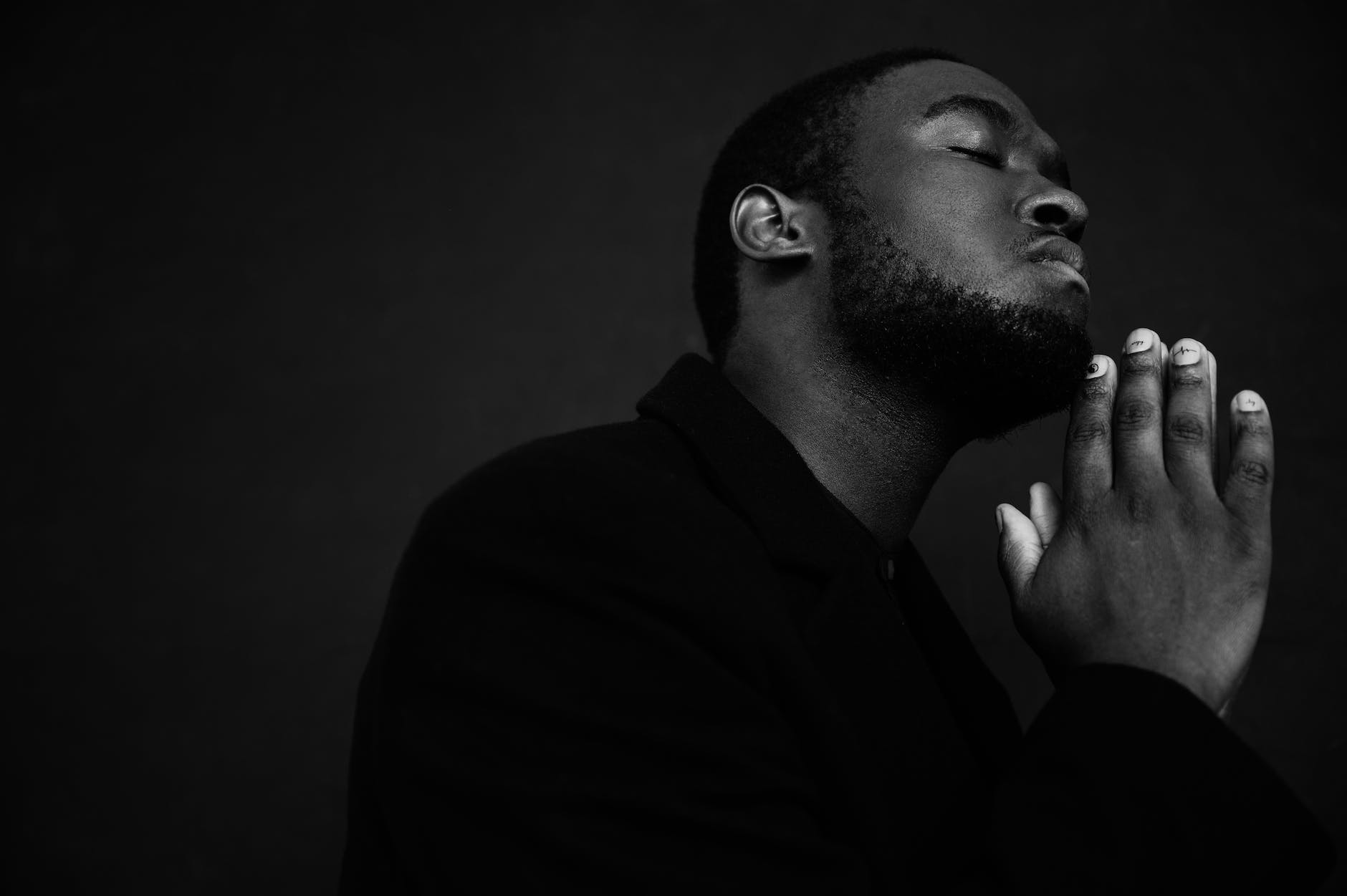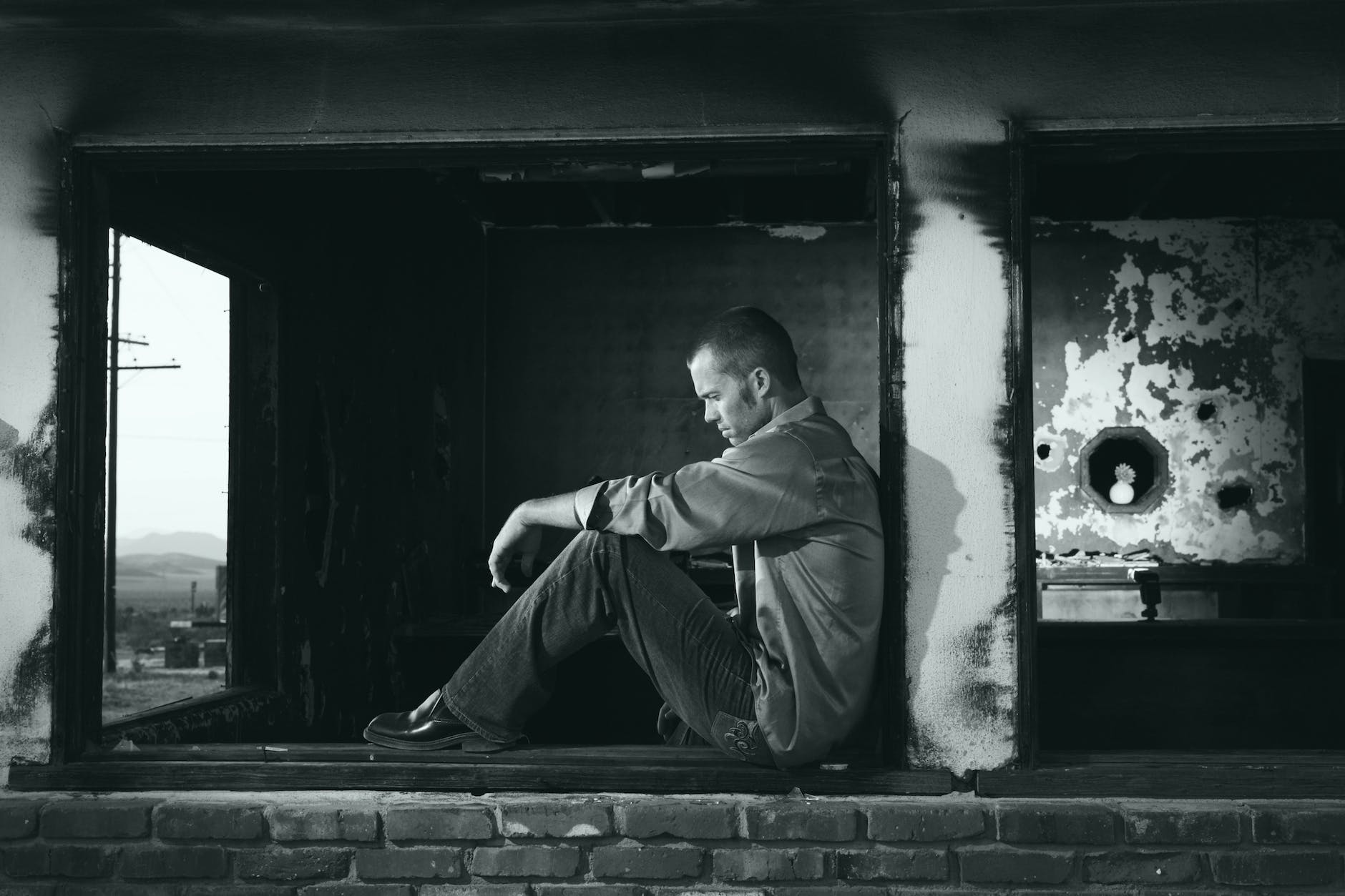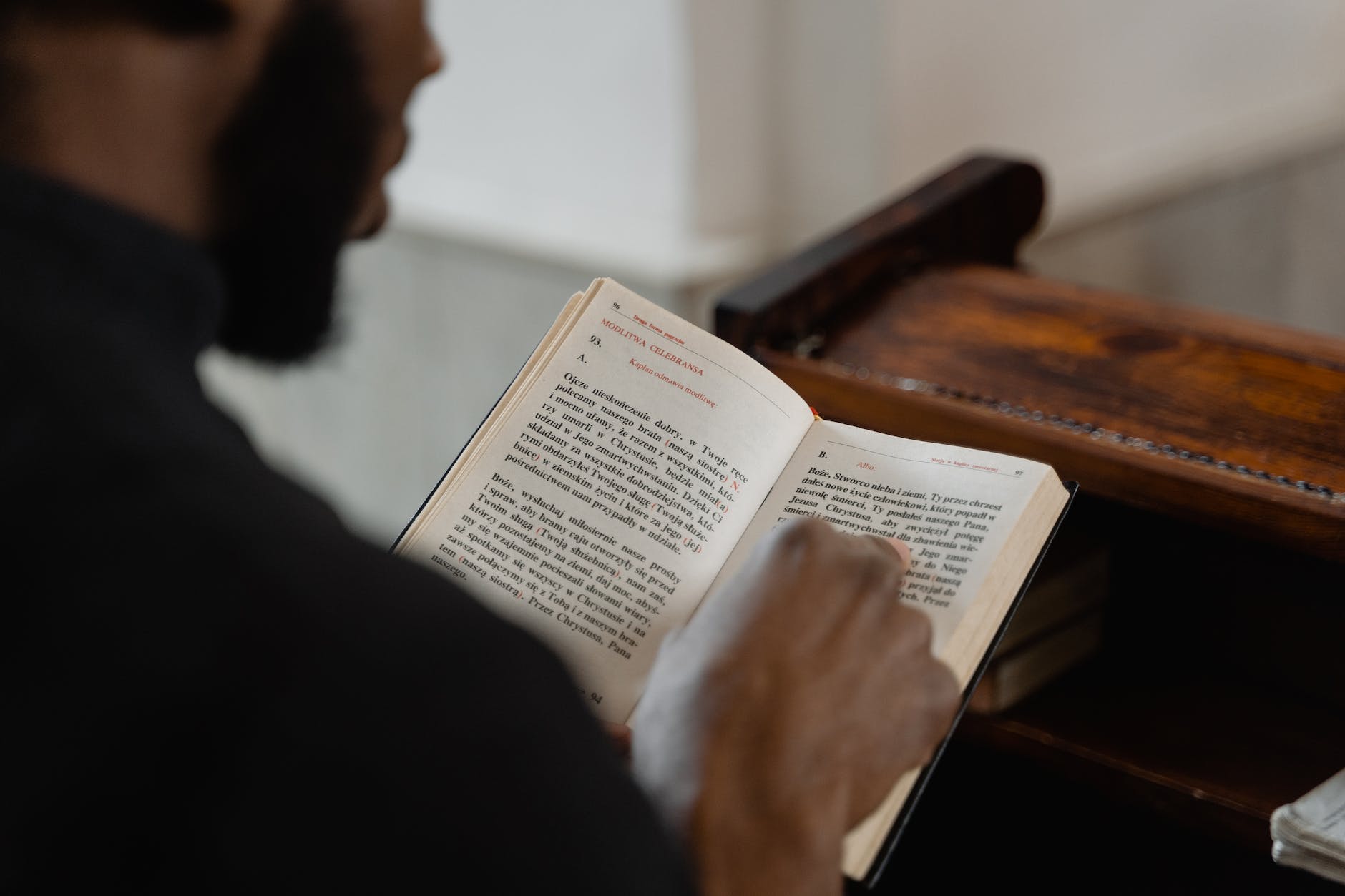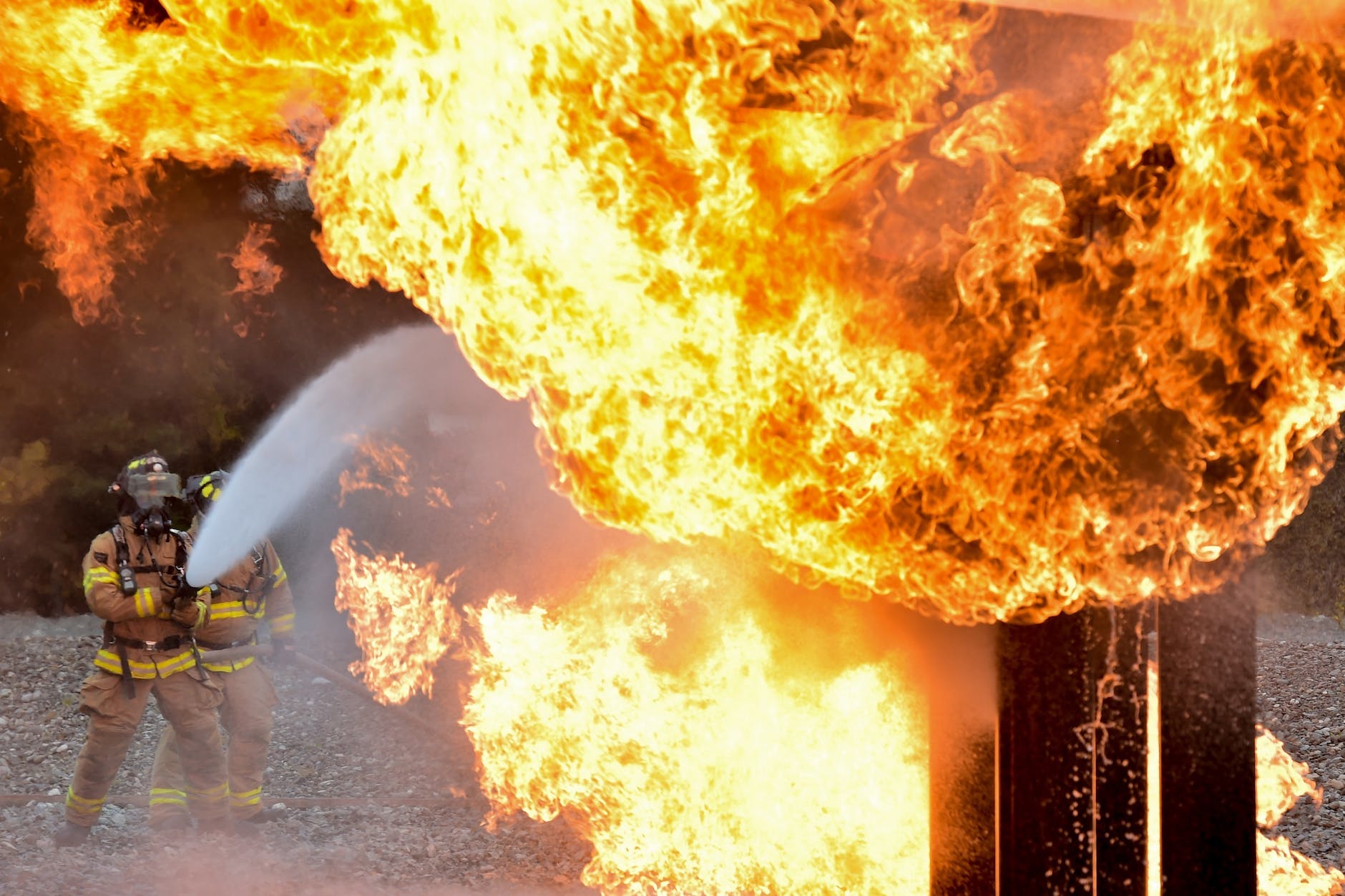Faith-Empowered Bible Verses That Can Help Support Recovery and Life Transformation
Step 11: Sought through prayer and meditation to improve our conscious contact with God, as we understood Him, praying only for knowledge of His will for us and the power to carry that out.

James 1:21-24 – Keep Ridding Yourself of Filthiness. That is Living Biblical Twelve-Step Recovery.
17 But the wisdom from above is first pure, then peace-loving, gentle, reasonable, full of mercy and good fruits, impartial, free of hypocrisy. 18 And the fruit of righteousness is sown in peace by those who make peace.
This is where the action we keep discussing goes to the next level of being driven by God. This is also where we deepen our connection to God. We make time to connect to Him. What a fantastic idea; if we want to connect with God, we stop and connect with Him.
For we are now on a different basis; the basis of trusting and relying on God. We trust infinite God rather than our finite selves.
Alcoholics Anonymous pg. 68
This is the direction we are repeatedly directed towards, but we will now start consciously keeping connected to that flow of power and guidance consistently.
As the entire discussion we have had on the Twelve Steps and the fact that this is entirely centered on the Book of James from the Bible, the Bible is a central guide for our spiritual recovery journey. The Bible is the guide God has provided as an instruction manual for our lives. Here is a list of ideas to help us relate to the concept of an instruction manual:
- He is our creator who created us to function in specific ways.
- When we function in those ways, we operate better; things go wrong when we try to operate differently. (from our perspective, these ideas have titles like blessed and cursed, good and bad, godly and ungodly, etc.)
- Because of this, God provided an operation manual to show how we are supposed to operate, how we are not supposed to operate, and what to do if something goes wrong.
- This manual is also our repair manual.
- All of that is the Bible.
With that as a foundation, a direct service center is always available to help us with what is in this manual. In this particular service center, the person that responds is not just a technician or a call center representative; however, it is the one who created both the manual and the product in question. That product is us, and the one at the service center is God.
The Bible is the guide God has provided as an instruction manual for our lives.
If we truly learn to trust and rely on God, these resources are central to everything in our lives.

Matthew 26:41 – Prayer is Recovery and Twelve Step Program Power
41 Keep watching and praying, so that you do not come into temptation; the spirit is willing, but the flesh is weak.”
This short passage says a lot about prayer from the lips of Jesus himself. It says a lot that is desperately needed by those of us in recovery.
One huge revelation is that we don’t just pray for things that have gone wrong; we pray so that things will not go wrong in the future. We even specifically pray that the temptation that could cause things to go wrong does not happen.
There is also the coupling of being watchful and connecting to God’s power through prayer. We must make choices and use willpower, but we must have “God” power because those things break down, and we are destroyed when they do. The “God” power makes the being watchful part work. After all, there is a part of us that is “willing” and another part of all of us that is “weak.” This passage is not just directed at people in recovery, though; this is the state of every person according to this instruction and repair manual.
The spirit is willing, but the flesh is weak
In context, the passage we are reading from here happens in Gethsemane. Jesus is here with his three closest followers, seeking the Father, and is praying in a time of deep need. He has asked them to pray with and for him as he humbly goes to the Father.
These three are repeatedly falling asleep and actually not participating at all. They have an entirely different struggle. Jesus’ praying is an example of what this looks like in a perfect world, but the inner three disciples are better examples of how this plays out in the realities of many of us.
As they are failing miserably at the task, they are not instructed to pray against failure; they are told to pray against the temptations causing the failures.

Philippians 4:6-7 – Recovery: The peace of God Through Prayer and Pleading with Him.
6 Do not be anxious about anything, but in everything by prayer and pleading with thanksgiving let your requests be made known to God. 7 And the peace of God, which surpasses all comprehension, will guard your hearts and minds in Christ Jesus.
This passage adds a new dimension to our prayers. The word “Pleading” is added. Immediately that is a reality check clarifying our perspective of whom we are praying to. We are stepping before the universe’s all-powerful creator and ruler to ask Him for favors. He will often do them, but they usually will not look exactly how we want them to, and sometimes He will not do what we ask and say no. Sometimes it will take a while before He does whatever we ask for any number of reasons we probably do not know. Other times, if we think about it, we do know, deep down, why he says no or says to wait.
Some of us get frustrated at these answers as if He is supposed to be serving us. Treating God as if he was an intergalactic Amazon and our orders are all supposed to be here the next day because of some fee we believe we are paying.
We are stepping before the universe’s all-powerful creator and ruler to ask Him for favors and He will answer!
The reality of that perspective is that it is not serving or obeying God; that is expecting God to serve and obey us. Aren’t we supposed to pray only for “knowledge of His will for us” and the “power to carry that out?” This is expecting Him to jump when we ask, and how we ask is the opposite of what we are doing and of His instructions to us.
This is where we always hear people say things like “You have to have faith and trust Him” or similar things. That is true, but it is not as easy as so many people make it out to be. Not fully knowing, but asking anyway with belief in an answer, is faith, and for many of us is learned from doing and not just there. Without the context of experiencing his answers over and over for years, this can be a source of great anxiety and a weakness in faith for many of us. That makes it a growth opportunity.

Philippians 4:6-7 – Learning True Faith: God is the Calming Giver of Peace in Prayer
6 Do not be anxious about anything, but in everything by prayer and pleading with thanksgiving let your requests be made known to God. 7 And the peace of God, which surpasses all comprehension, will guard your hearts and minds in Christ Jesus.
This is an excellent passage for this topic. It does not act as if we will never have anxiety or doubt, but it assumes some, most, or possibly all of us will. It says that despite that, go to God anyway with thankfulness, and God will help us with the anxieties and doubts, with a peace so overwhelming that we are not even capable of understanding it.
This is described as our new lifestyle, but how do we get there. The Alcoholics Anonymous founding members very intentionally built the habit that would become a lifestyle very deliberately.
On Awakening, let us think about the twenty-four hours ahead. We consider our plans for the day. Before we begin, we ask God to direct our thinking especially asking that it be divorced from self-pity, dishonest or self-seeking motives. Under these conditions we can employ our mental faculties with assurance, for after all God gave us brains to use. Our thought-life will be placed on a much higher plane when our thinking is cleared of wrong motives.
There is a whole lot of counting on the “peace that surpasses all comprehension” guarding our hearts and minds in this. This is how we are to start the day. Did you notice the words “On awakening?” That means it is supposed to be the very first thing we do.
The verse from Philippians 4 and the passage from the Alcoholics Anonymous book pg. 86 both talk about God empowering your brain to operate correctly. The other implication of this idea is that we must still use our brains. We are just trusting God to give us the power that guards our hearts and brains so that they can operate correctly.
When we retire at night, we constructively review our day. Were we resentful, selfish, dishonest, or afraid? Do we owe and apology? Have we kept something to ourselves which should be discussed with another person at once? Were we kind and loving toward all? What could we have done better? Were we thinking of ourselves most of the time? Or were we thinking of what we could do for others, of what we could pack into the stream of life? But we must be careful not to drift into worry, remorse, or morbid reflection, for that would diminish our usefulness to others. After making our review we ask God’s forgiveness and inquire what corrective measures should be taken.
Alcoholics Anonymous pg. 86
This is a daily redoing of all the steps that came before this and taking all of that to God in trust that all can be repaired. This is all about doing what God has outlined for us in the way He has shown us previously. The steps we have taken so far become a lifestyle through repetition and a part of the connection we are building with God.
This lifestyle is an ongoing practice that we develop over time.
We entrust a review of our lives to our relationship with God and then look for Him to guide us to know what to do about anything we are to revisit, repair, or apologize for. What was just a recovery program before becomes a lifestyle of daily practice.
But we must build an even closer relationship with Him to rely on Him genuinely.
As we go through the day we pause, when agitated or doubtful and ask for the right thought or action. We constantly remind ourselves we are no longer running the show, humbly saying to ourselves many times a day “thy will be done.” We are then in much less danger of excitement, fear, anger, worry, self-pity, or foolish decisions. We become much more efficient.
Alcoholics Anonymous pg. 88
This lifestyle is an ongoing practice that we develop over time.
We are now praying all day for everything. If we do not, how can we think we rely on Him? We ask Him for the proper thought or action. We are trying to destroy the idea of relying on just ourselves and our feelings. That means we must be directed by him, especially in daily big or challenging decisions.
All of this is an intentional way of building that lifestyle. That also means that we need to be sure to have this as something we do as we rise, as we do an inventory of our day with Him in the evening and throughout the day, and we want also to have times where we pray and meditate alone with Him.

Matthew 6:6 – Recovery is Going to Require Regular Alone Time With God.
6 But as for you, when you pray, go into your inner room, close your door, and pray to your Father who is in secret; and your Father who sees what is done in secret will reward you.
It is not completely clear what the reward will be, but we can assume it to be something good. The clear point is that alone time with God will reward our lives.
Faith without works is dead.
That is a critical element of our hope for long-term recovery. That constant connection with God is a massive part of our recovery that has to be developed, and then we have to get guidance from all of that praying and act on that guidance.
We alcoholics are undisciplined. So we let God discipline us in the simple way we have just outlined.
But this is not all. There is action and more action. Faith without works is dead. The next chapter is entirely devoted to Step Twelve.
Alcoholics Anonymous pg. 88




One response to “The Bible and Recovery: Divine Guidance Through Bible Verses for Finding Sobriety and Healing… (part 14: Step 11)”
[…] ◀️ Step 11 – Prayer & Meditation 🔗 […]